SAN SALVADOR, El Salvador (AP) — Human rights organizations, politicians and experts have sharply criticized a law approved by El Salvador's Congress as a censorship tool designed to silence and criminalize dissent in the Central American nation by targeting nongovernmental organizations that have long been critical of President Nayib Bukele.
The law proposed by Bukele was passed Tuesday night by a Congress under firm control of his New Ideas party, and bypassed normal legislative procedures. Bukele first tried to introduce a similar law in 2021, but after strong international backlash it was never brought for a vote by the full Congress.
Bukele said the law is intended to limit foreign influence and corruption. It comes after the government took a number of steps that have fueled concerns that the country may be entering a new wave of crackdowns. Critics warn that it falls in line with measures passed by autocratic governments in Nicaragua, Venezuela, Russia, Belarus and China.
Here are more details about the root of the criticism:
What does the law say?
Anyone — individual or organization, local or foreign — who acts in the interest of a foreign entity or receives foreign funding to operate in El Salvador is required to register under the law. Every payment, whether in cash, goods, or services, made to such groups will be subject to a 30% tax. The final law passed does not specify how the money from the tax will be used.
While the United States also has a law that requires individuals working on behalf of foreign entities and governments to register, Bukele's is far broader in scope and grants him greater powers. It is fairly common in poorer countries in Latin America to depend on international aid dollars, as it’s often difficult to raise money in their own countries.
Analysts say a broad definition of a “foreign agent” in the law could cover:
— Human rights organizations
— Community associations
— Independent media outlets
— Foreign-funded startups or businesses
— Religious groups
— International aid agencies
New rules governing NGOs
The law creates a new government body called RAEX, or Registry of Foreign Agents, which will have wide powers, including setting requirements for registration, approving or denying applications, revoking or refusing to renew registrations and to demand documents or information at any time.
Some NGOs can apply for exceptions, but RAEX will decide who can operate in the country. Around 8,000 NGOs operate in El Salvador and often depend on foreign donations due to lack of funds available in the Central American nation.
Some of those groups have long been at odds with Bukele and have criticized some of his actions, including waiving key constitutional rights to crack down on the country's gangs and seeking reelection despite clear constitutional prohibitions.
The rules NGOs will have to follow:
— They must register with RAEX and report the source and purpose of all donations.
— They must keep complete accounting records, use the banks for transactions and follow anti-money laundering laws.
— They cannot operate without registering.
— They cannot engage in political activities or actions seen as threatening public order or national security.
— They cannot use foreign donations for undeclared activities or share information on behalf of foreign donors without labeling it as such.
Violations of the rules can lead to fines between $100,000 to $250,000, and possible closure.
Why now?
Critics say Bukele revived the law because he has now consolidated power across all branches of government. His political alliance with U.S. President Donald Trump has emboldened him.
Bukele announced the law shortly after a protest near his home ended in a violent crackdown by police and two people being arrested.
It comes after a number of moves by Bukele that have raised concerns that the self-described “world's coolest dictator” is cracking down on dissent.
— Just two days before the law passed, the government arrested an anti-corruption lawyer with the human rights organization Cristosal – one of Bukele's most outspoken critics – on corruption charges.
— The government arrested the heads of bus companies for defying an order from Bukele posted on his social media.
— Journalists with the investigative news organization El Faro said they had to flee the country after receiving word the government was preparing orders for their arrest after they published reports on the president's links to gangs.
What are critics saying?
— Opposition lawmaker Claudia Ortiz called the law “an authoritarian tool for censorship“ and said it hands the president excessive levels of control. “It’s obvious that exemptions will only be given to groups that align with the government, while those who expose corruption or abuse will be punished,” she said.
— Lawyer Roxana Cardona of the NGO Justicia Social y Controlaría Ciudadana said: “The Foreign Agents Law seeks to suppress organizations that promote civic participation or support marginalized groups the state ignores.”
— Eduardo Escobar, director of Acción Ciudadana, added: “This is part of the government’s increasing repression. It affects constitutional rights like freedom of expression and freedom of association.”
— Lawyer and analyst Bessy Ríos said: “The goal is to control the funding of civil society, especially organizations critical of the government.”

 German (DE)
German (DE)  English (US)
English (US)  Spanish (ES)
Spanish (ES)  French (FR)
French (FR)  Hindi (IN)
Hindi (IN)  Italian (IT)
Italian (IT)  Russian (RU)
Russian (RU) 




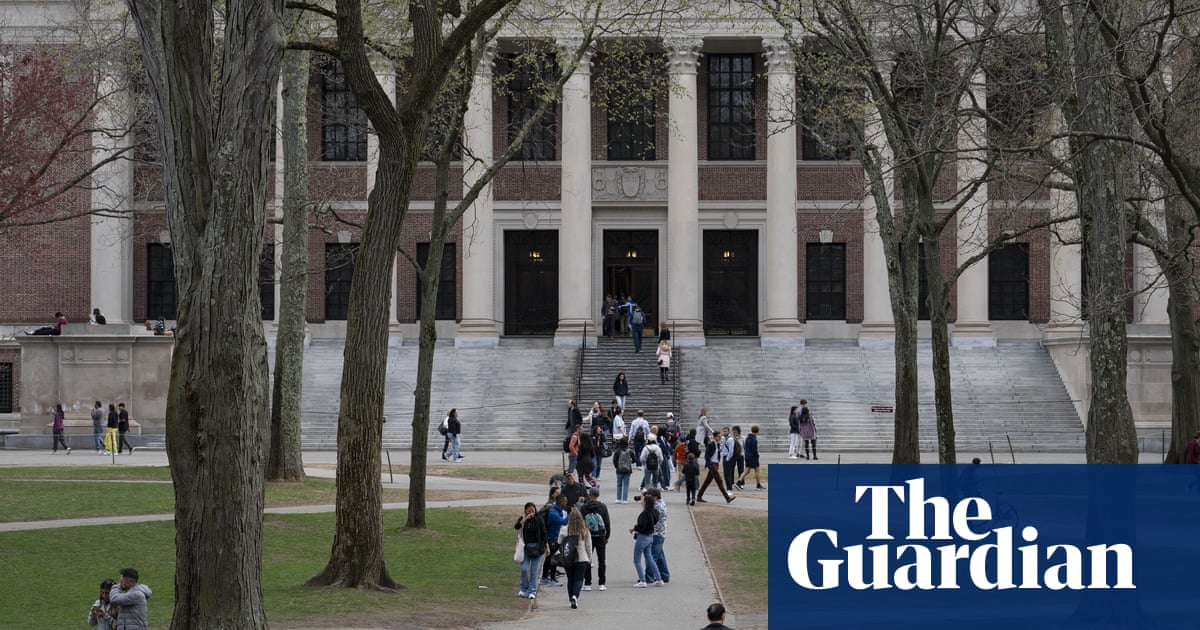
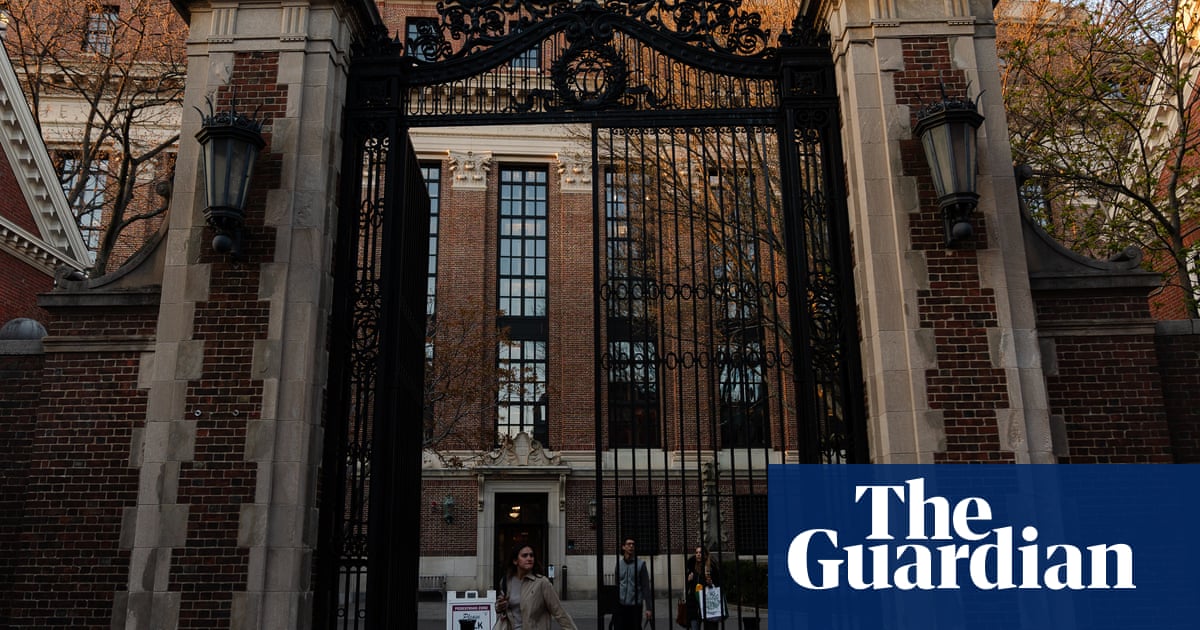






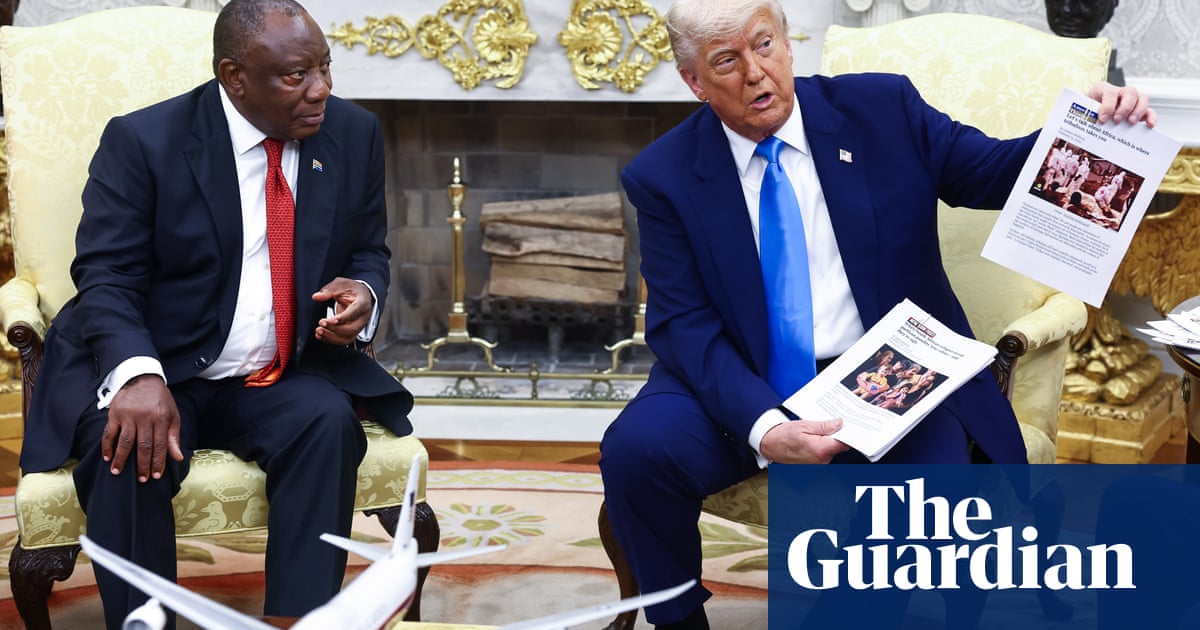

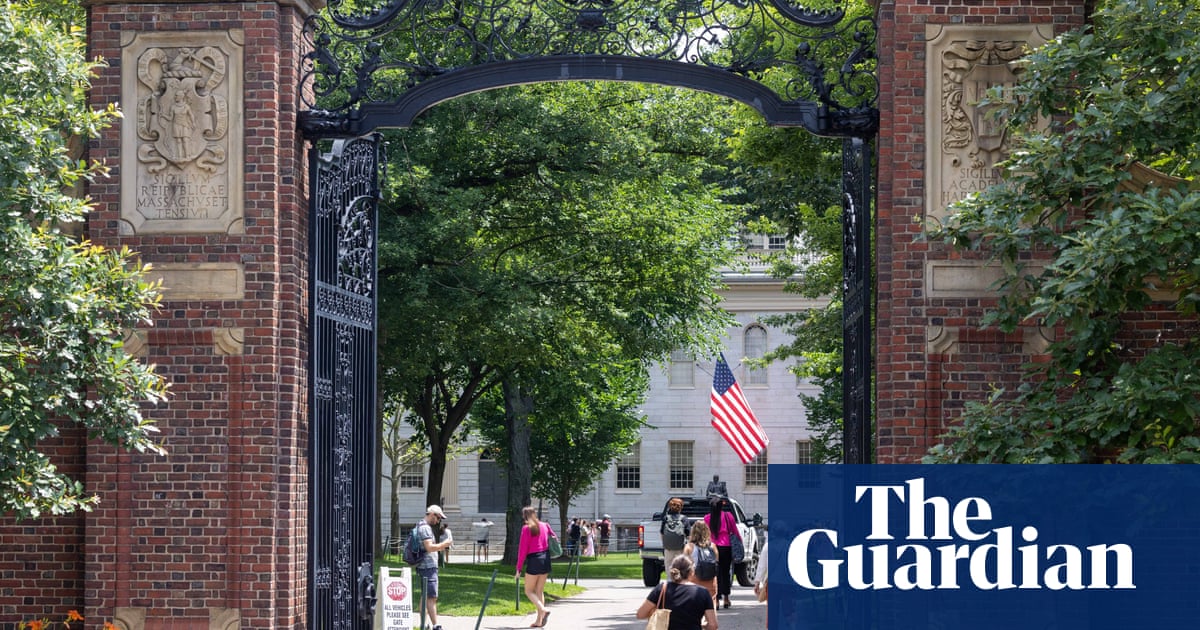



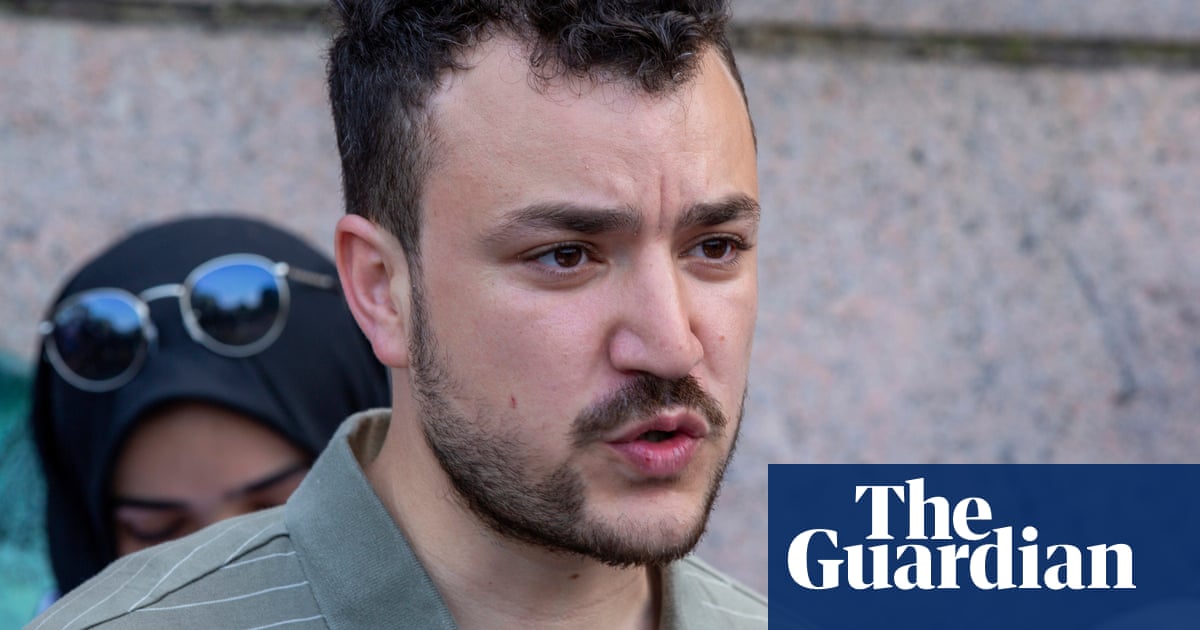




Comments